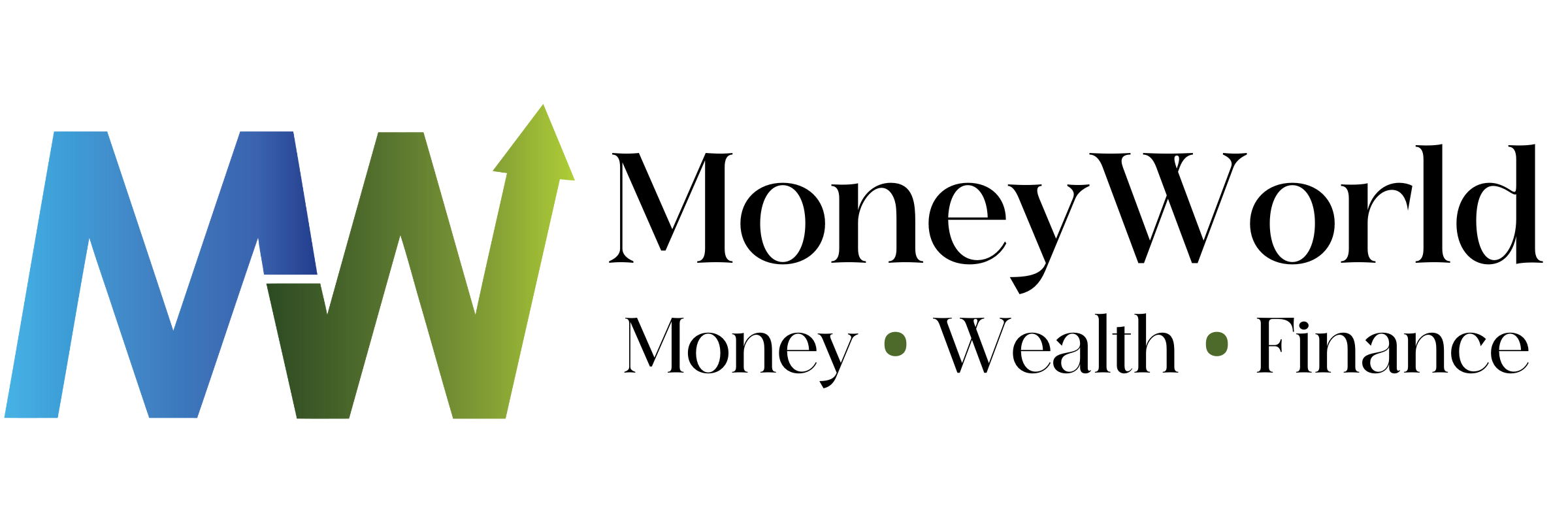Financial Advisor – How to choose one for you
What Is a Financial Advisor?
A financial advisor helps clients manage their money by offering expert advice and guidance. They can assist with various financial tasks, such as managing investments, planning for taxes, and organizing estates. Today, many financial advisors act as a “one-stop-shop,” providing multiple services like portfolio management, retirement planning, and even insurance products.
To work with clients legally, registered financial advisors must have a Series 65 license. Depending on the services they provide, they may need other certifications or licenses as well.
Key Takeaways
- Financial advisors guide clients on financial decisions, including investments, personal finances, and money management.
- They may work independently or as part of a larger financial firm.
- To serve clients, advisors must pass exams and meet licensing requirements.
- Unlike stockbrokers, who focus on executing trades, financial advisors provide strategic advice and make informed decisions for their clients.
- Advisors can earn income through fees, commissions, profit-sharing, or a combination of these.
Understanding Financial Advisors
The term “financial advisor” is broad and does not have a single, clear definition. It can refer to various professionals who help manage money. For example, stockbrokers, tax preparers, insurance agents, investment managers, and financial planners are often called financial advisors. Estate planners and bankers may also fit under this category.
However, there’s a key distinction: a true financial advisor provides advice and guidance. This separates them from professionals like stockbrokers, who only execute trades, or tax accountants, who focus solely on preparing tax returns.

The Birth of Blockchain
Blockchain was invented in 2009 to address this need. It provides a way to keep data synchronized across multiple, independent stakeholders. Unlike traditional databases, which are ideal for managing records for a single entity, blockchain enables a group of unrelated entities to agree on and maintain a single dataset.
This capability is particularly valuable in scenarios where stakeholders might have conflicting interests. For example, in financial systems, where the temptation to manipulate data for personal gain is strong, blockchain offers a solution. It ensures that all participants can trust the shared data without relying on a single authority.
Blockchain has proven especially useful for tracking money, but its applications extend far beyond finance. It’s a secure, transparent, and collaborative system that can be applied to any domain requiring trust and shared data management.
In essence, blockchain represents a new way to manage information. It shifts power away from central authorities and toward a decentralized network, making it a cornerstone of the digital age.









